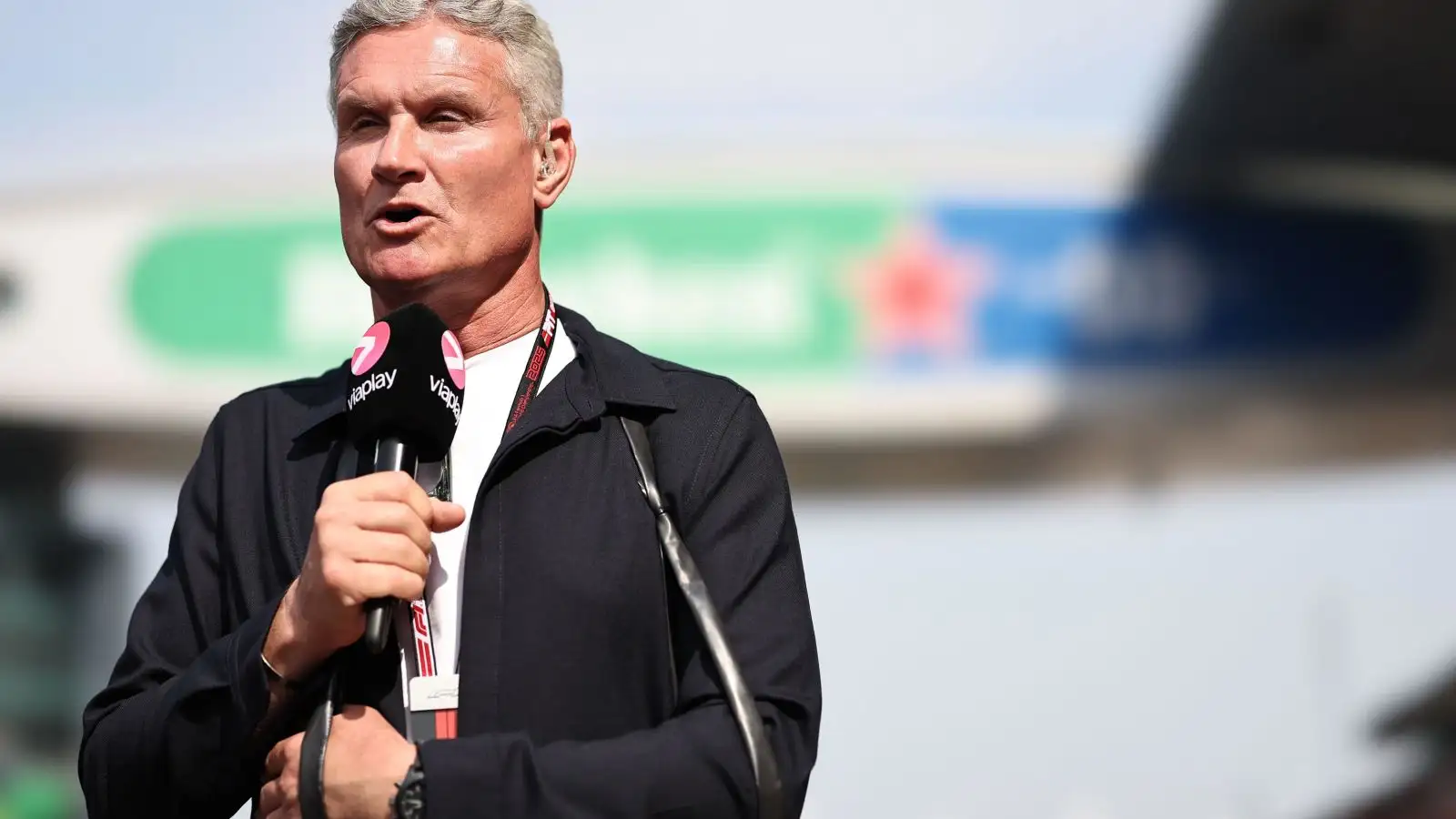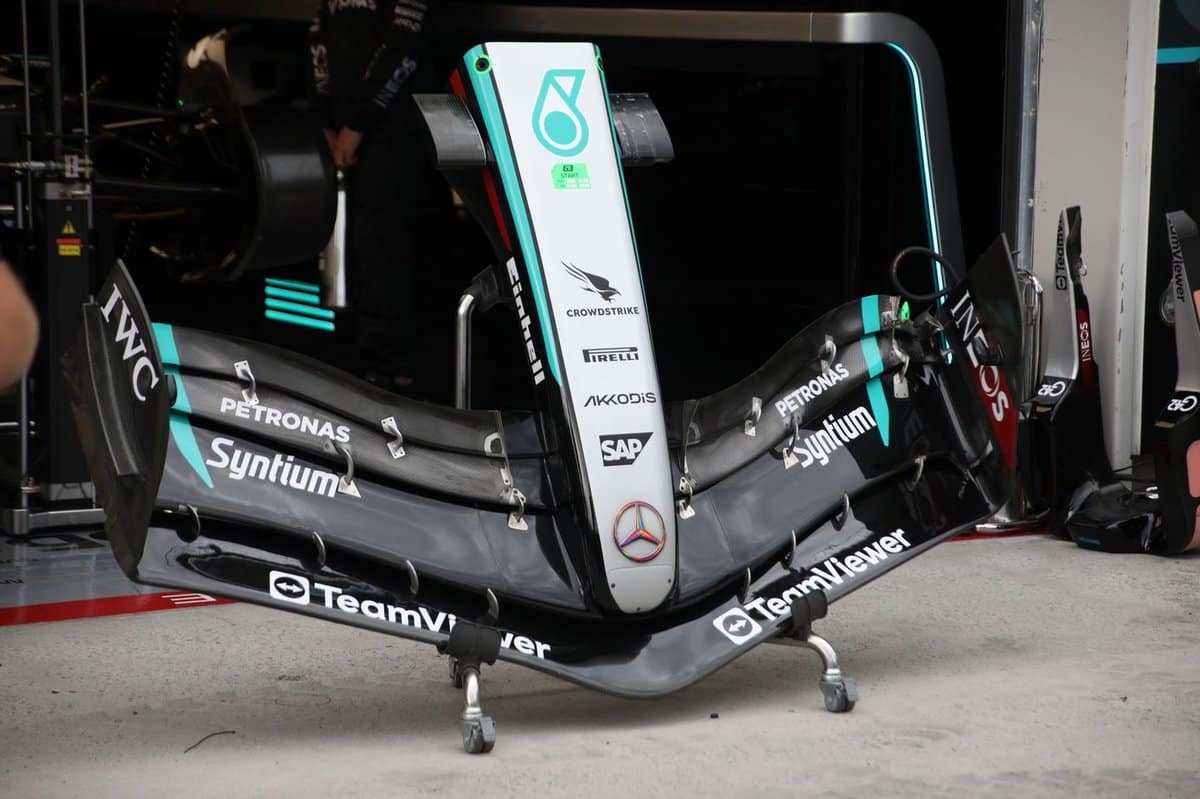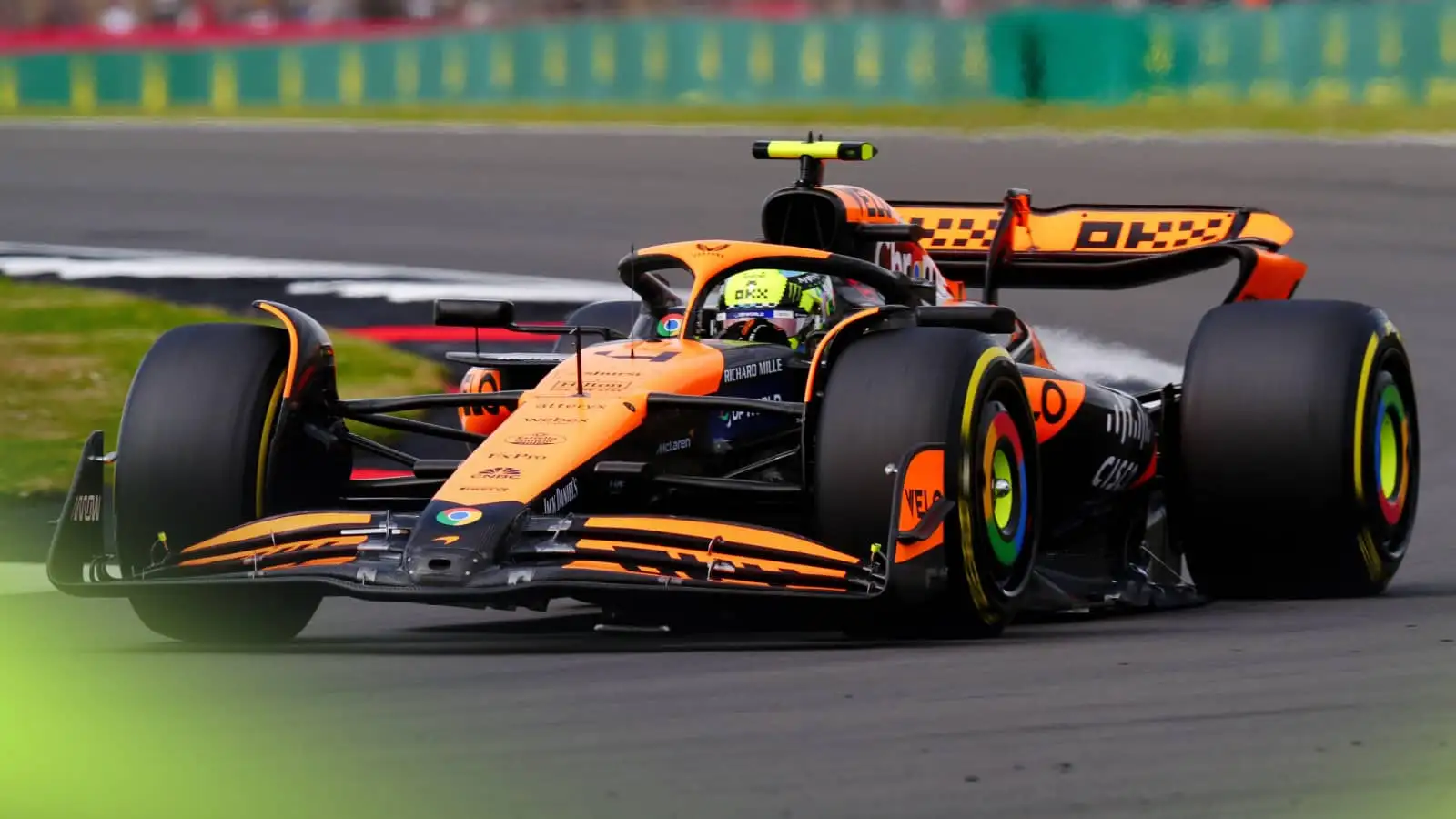Derek Warwick, an experienced FIA steward, has firmly backed the decision to penalize Max Verstappen during the recent Spanish Grand Prix, despite the outcry for harsher consequences.
Max Verstappen’s career is no stranger to clashes with the FIA, but his recent encounter with Mercedes driver George Russell at the Spanish Grand Prix sparked fresh debates. The incident unfolded after Verstappen, unhappy with his team’s direction to cede his position to Russell after cutting the track, chose a more aggressive path. He slowed to let Russell pass, only to accelerate again and make contact, which left fans and commentators buzzing.
The stewards quickly responded, issuing a 10-second penalty to Verstappen, dropping his position significantly from fifth to tenth. This decision, however, was met with criticism, with some arguing that the reigning World Champion deserved a disqualification. Yet Warwick, speaking from his extensive experience, including notable races like the Le Mans 24 Hours and multiple F1 seasons, insists the penalty was appropriate.
Warwick emphasized, “Everyone has to understand that when you’re accustomed to winning like Max, facing setbacks during critical races can be quite challenging.” He acknowledged that Verstappen’s actions at Turn 5 were wrong, noting, “Should he have done what he did in Turn 5 with George Russell? Absolutely not. Did he get a penalty for that? Yes.” Warwick compared this to a past incident involving Sebastian Vettel, pointing out that while Verstappen turned away, momentum carried him into Russell, contrasting it with Vettel’s deliberate action in 2017.
Despite calls for suspension, Warwick stood by the 10-second penalty, stating, “Many may believe a suspension would set an example for young drivers, and they could be correct, but the penalty was adequate. Each incident should be judged on its own merits.” This stance has reignited discussions about potential biases and conflicts of interest within the FIA stewards’ decisions, a topic that gained traction with the case of Johnny Herbert, a previous steward whose media connections raised questions about impartiality.
Interestingly, this isn’t the first time controversy has surrounded Verstappen regarding steward decisions. Previous instances, like his penalties at the Mexican Grand Prix, often have stewards like Johnny Herbert finding themselves under scrutiny over their impartiality. Herbert, who was relieved from his steward duties earlier this year due to conflicts of interest, had been vocal about Verstappen’s racing demeanor being “horrible” and noted past tensions in the stewards’ room.
FIA President Mohammed Ben Sulayem acknowledged Herbert’s contributions while highlighting the importance of unbiased decisions, pointing out that media duties made it challenging for Herbert to remain impartial in steward roles. Warwick’s defense of the penalty thus touches on broader themes of fairness and consistency in F1 race adjudication.
Derek Warwick’s defense of Max Verstappen’s penalty at the Spanish Grand Prix highlights the delicate balance stewards must maintain in ensuring fair play while handling high-pressure situations. His perspective underscores the complexity of steward decisions in the competitive world of F1 racing, where maintaining objectivity is key amid varied opinions and intense scrutiny.










